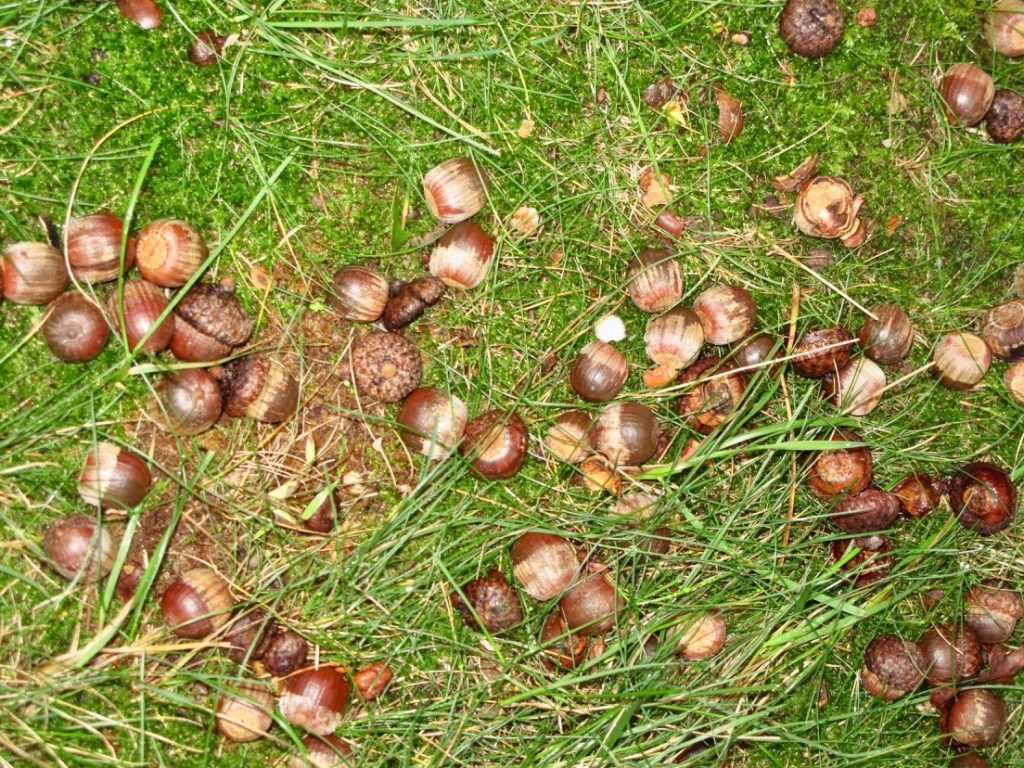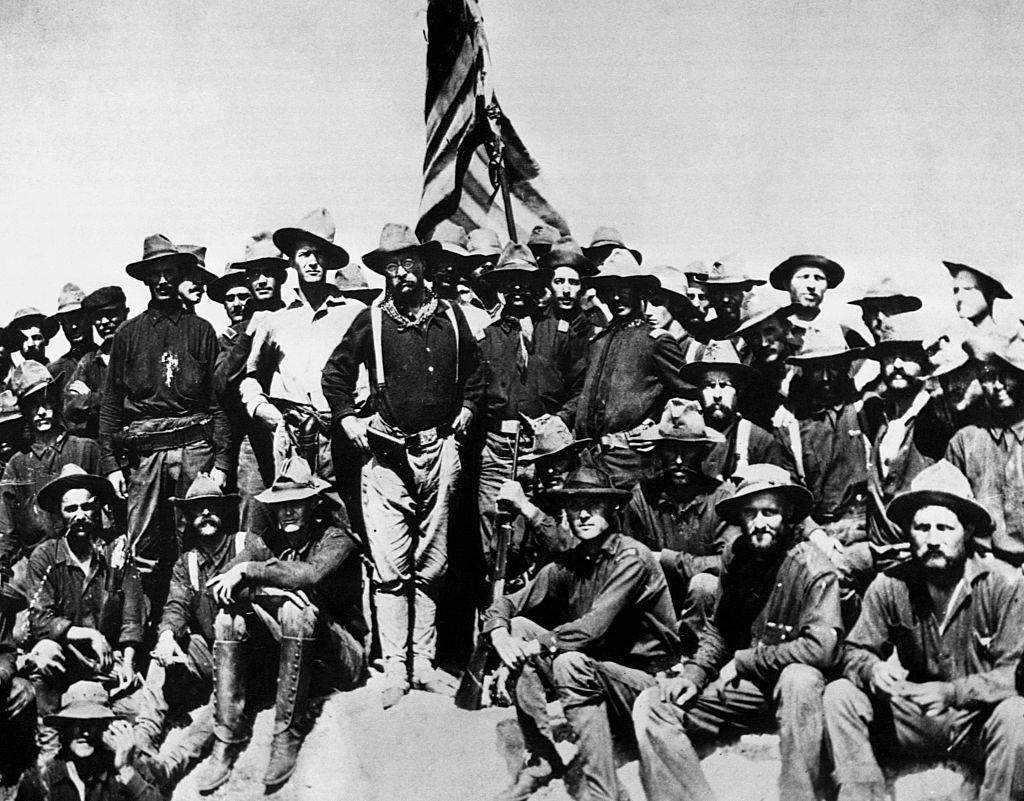
Thursday, October 29
The sometimes uncertain supply of foodstuffs nowadays—the difficulty of obtaining such essentials as yeast, canned tomatoes, or even pasta—puts me in mind of World War II shortages and rationing. It’s silly, of course: What we experience is nothing like what the generation of the 1940s went through.
During the World War II years, all U.S. citizens got books of rationing coupons. These allowed every customer to purchase an equal amount of some rare items such as sugar. A points system applied to other goods, permitting a measure of consumer choice: You could select either meat or cheese, for instance, up to a total number of allowed points. Gasoline was sold on a priority basis, with emergency vehicles receiving the most liberal allotments. And customers had to demonstrate special needs before purchasing tires or other manufactured goods containing rubber.
Support for the war effort encouraged many to sacrifice. Food writer M.F.K. Fisher embraced the necessity of scrimping: In her much-admired How to Cook a Wolf, she told how one could get by for several days on a hard-times stew of ground meat, whole-grain cereal, and withered vegetables, all at a cost of 50 cents. “This sludge, which should be like stiff cold mush and a rather unpleasant murky brown-gray in color, is strictly for hunger,” she admitted.
Others pointed to a large discrepancy between the rhetoric of sacrifice and reality. “Never in the history of human conflict has there been so much talk of sacrifice and so little sacrifice,” observed economist John Kenneth Galbraith, who served as deputy head of the Office of Price Administration.
Literary lion Edmund Wilson was unashamed about his refusal to join in the conspicuous celebration of underconsumption. Even as combat raged in the Pacific, Wilson recorded in his diary the delights of a sumptuous 1942 picnic at his Cape Cod home—and how he ached to rebuke an annoying friend who was always “prodding people to do things” for the war effort.
Rather than scrimp on provisions, many turned to the black market. One study found that 25% of all wartime transactions were illegal. The Office of Price Administration reported enforcement actions against black-market transactions for meat, fresh fruit and vegetables, sugar, gasoline, rents, and used cars. There might have been more prosecutions, said OPC, except for a staff limited to only 3,069 investigators across the U.S.
I was just today listening to a BBC report on the state of Wisconsin, which is very divided along partisan lines. These people—mostly Republicans?—who reject mask-wearing and other anti-pandemic measures: Can you imagine them making the sacrifices demanded during WWII? How would they react to rationing and other federal government incursions upon their FREEDOM? I guess in the 1940s, thanks to the recent experience of the Great Depression, Americans were more accustomed to privation…and more willing to make sacrifices in the name of the common good. Moreover, in spite of the Hoovervilles and other shocking failures, government was more trusted, particularly once FDR was in office.
Dinner: turkey meatloaf, Southern corn pudding, and a lettuce and avocado salad. Sounds like hardship, no?
Entertainment: episodes of Netflix’ Ozark, Everything’s Fine with Sarah Cooper, and Britbox’ All Creatures Great and Small.









